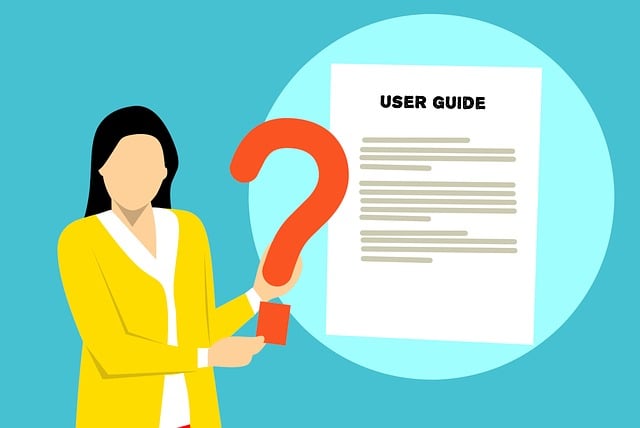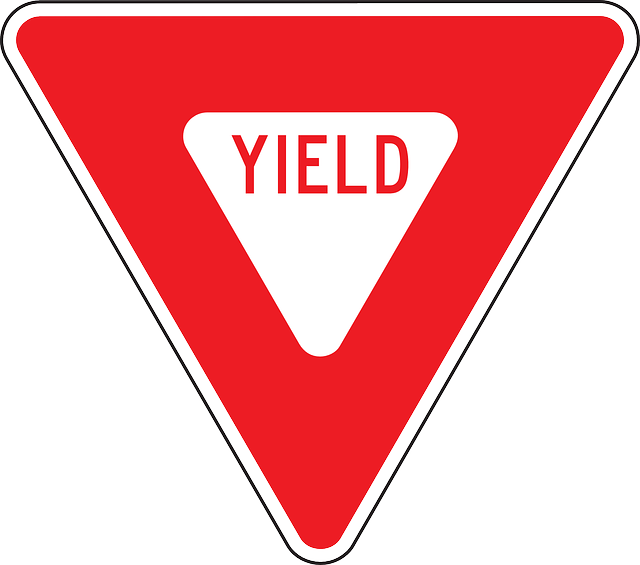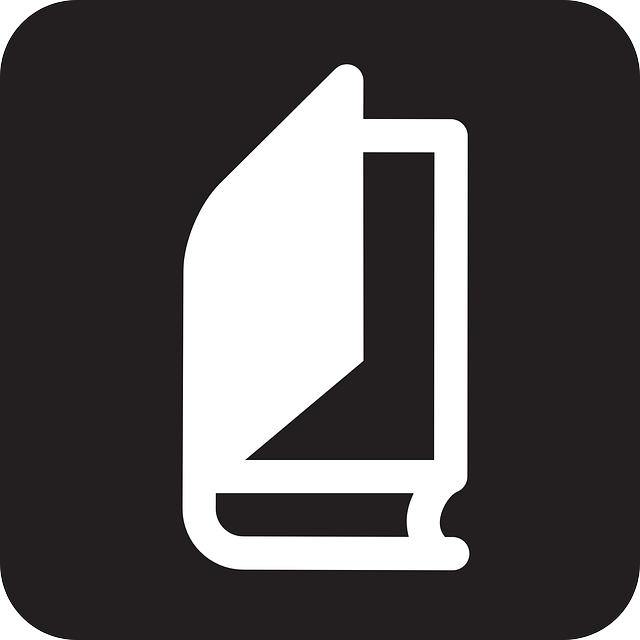The UK's stringent product safety regulations necessitate professional translation services for user manuals and instruction guides, which go beyond literal translation. These services incorporate local terminology, legal frameworks, and cultural nuances to meet standards set by bodies like the HSE and Product Safety Act 2016. This ensures clear instructions, minimizes errors, and maintains compliance with translation services for UK User Manuals and Instruction Guides. Businesses must integrate robust translation processes, regular updates, and quality checks to deliver accurate, culturally resonant content that satisfies customers and avoids regulatory risks.
Are your UK guides fully compliant with local standards? In today’s global market, ensuring your user manuals and instruction guides meet UK regulatory requirements is paramount. This article explores the intricate landscape of UK regulations for these documents, highlighting the crucial role of professional translation services in maintaining accuracy and consistency. We delve into best practices to help you navigate this process effectively, ensuring your content not only complies but also enhances user experience through high-quality translations.
- Understanding UK Regulatory Requirements for User Manuals
- The Role of Professional Translation Services
- Ensuring Accuracy and Consistency in Translations
- Best Practices for Maintaining Compliance and Quality
Understanding UK Regulatory Requirements for User Manuals

The UK has stringent regulations regarding product safety, consumer protection, and documentation, including user manuals and instruction guides. These standards are set by various bodies such as the Health and Safety Executive (HSE) and the Product Safety and Consumer Protection Act 2016. When it comes to translating these vital documents for a UK audience, ensuring full compliance with local regulations is non-negotiable.
Translation services for UK user manuals and instruction guides must go beyond simple word-for-word translation. They require professionals who understand the nuances of UK terminology, legal requirements, and cultural context. This involves more than just translating technical terms; it’s about conveying instructions clearly and accurately, ensuring they are accessible to all users while adhering to the stringent standards set by UK regulatory bodies.
The Role of Professional Translation Services

Professional translation services play a pivotal role in ensuring that UK user manuals and instruction guides are fully compliant with local standards. With language being a complex and nuanced aspect of any culture, it’s crucial to have translations that not only convey the exact meaning but also adapt to the specific linguistic and cultural nuances of the target audience.
Translation services for these documents go beyond simple word-for-word substitutions. They involve thorough research into local terminology, idioms, and legal requirements to guarantee that the translated content is accurate, clear, and compliant. This meticulous process ensures that users receive instructions that are easily understandable, reducing the risk of errors or misunderstandings. Moreover, professional translators often have subject matter expertise, which enables them to handle technical terms and complex concepts specific to various industries, making the user guides more accessible and reliable for UK audiences.
Ensuring Accuracy and Consistency in Translations

Ensuring accuracy and consistency in translations is paramount when providing user manuals and instruction guides, especially within the UK market. Professional translation services play a crucial role in maintaining high-quality standards across all content. With varying regional dialects and linguistic nuances, accurate translations are essential to prevent misunderstandings among users.
Translation services for UK user manuals must employ experienced linguists who are well-versed in both the source and target languages. This ensures that technical terms are translated correctly and consistently throughout the document. By adhering to local standards and cultural conventions, these services help create guides that resonate with UK audiences while meeting regulatory requirements.
Best Practices for Maintaining Compliance and Quality

Maintaining compliance with local standards is non-negotiable for any business operating in the UK market. For guide and manual publishers, this means ensuring their content aligns with specific regulations and industry best practices, especially when it comes to user safety and clear communication. One of the most effective strategies is to integrate a robust translation process for all UK-bound user manuals and instruction guides. This involves employing professional translators who are not only fluent in both languages but also understand local cultural nuances. Accurate translations ensure that users receive precise instructions, reducing potential risks and enhancing customer satisfaction.
Regular updates and quality checks are other best practices to uphold compliance and maintain high standards. As regulations evolve, it’s crucial to stay informed and adapt content accordingly. Quality assurance teams should implement rigorous reviews, fact-checking, and language verification processes. By combining these measures with reliable translation services, guide publishers can confidently deliver compliant, high-quality materials that meet the unique demands of the UK market.
When it comes to creating UK user manuals and instruction guides, compliance with local standards is paramount. By understanding the regulatory requirements and leveraging professional translation services, you can ensure your content is accurate, consistent, and adheres to the highest quality standards. This approach not only protects your brand but also enhances the user experience, making your products more accessible and reliable in the UK market. Translation services for UK user manuals play a crucial role in navigating this process effectively.



